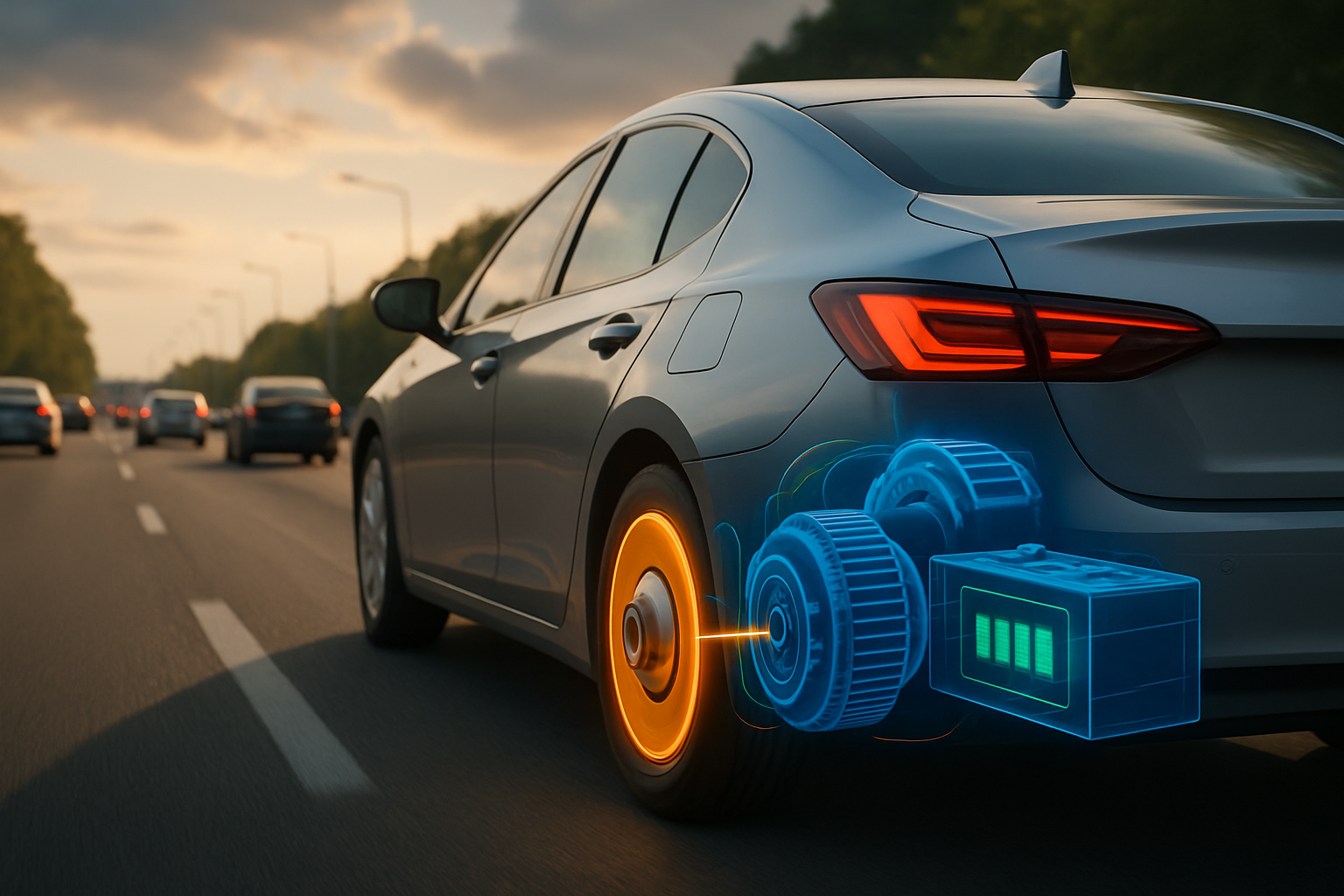The Future of Driving: How Electric Cars Are Revolutionizing Transportation
Electric cars are reshaping the automotive landscape, offering a cleaner, more efficient alternative to traditional gasoline-powered vehicles. As concerns about climate change and air pollution grow, these innovative vehicles are gaining popularity among environmentally conscious consumers and forward-thinking automobile manufacturers. This article explores the world of electric cars, their benefits, and their impact on the future of transportation.

What exactly are electric cars and how do they work?
Electric cars, also known as electric vehicles (EVs), are automobiles powered by rechargeable batteries instead of internal combustion engines. These vehicles use electric motors to convert stored electrical energy into mechanical energy, propelling the car forward. The main components of an electric car include a battery pack, electric motor(s), and a controller that manages power distribution. When the battery is depleted, it can be recharged by plugging the car into an electrical outlet or a dedicated charging station.
Why are electric cars becoming increasingly popular?
The rising popularity of electric cars can be attributed to several factors. First and foremost, EVs produce zero direct emissions, making them a more environmentally friendly option compared to traditional gasoline-powered vehicles. This aligns with growing global efforts to reduce carbon footprints and combat climate change. Additionally, electric cars offer lower operating costs, as electricity is generally cheaper than gasoline on a per-mile basis. Many governments also provide incentives, such as tax credits or rebates, to encourage EV adoption, further boosting their appeal.
What are the key benefits of owning an electric car?
Electric cars offer numerous advantages over their conventional counterparts. One of the most significant benefits is their eco-friendly nature, as they produce no tailpipe emissions and contribute to improved air quality in urban areas. EVs are also notably quieter than gasoline-powered vehicles, reducing noise pollution. From a financial perspective, electric cars generally have lower maintenance costs due to their simpler mechanical design and fewer moving parts. Moreover, the instant torque provided by electric motors results in quick acceleration and smooth driving experiences.
Are there any challenges associated with electric car ownership?
While electric cars offer many benefits, they also come with certain challenges. One of the primary concerns is range anxiety – the fear of running out of battery power before reaching a charging station. Although EV ranges have improved significantly in recent years, some models still have limited driving distances compared to gasoline-powered vehicles. Charging infrastructure availability can also be an issue, particularly for long-distance travel or in areas with fewer charging stations. Additionally, the initial purchase price of electric cars is often higher than comparable conventional vehicles, although this gap is narrowing as technology advances and production scales up.
How are compact electric vehicles changing urban transportation?
Compact electric vehicles are revolutionizing urban transportation by offering smart, efficient solutions for city dwellers. These smaller EVs are perfectly suited for navigating crowded streets and tight parking spaces, making them ideal for urban environments. Many compact electric cars feature advanced technologies such as regenerative braking, which captures energy typically lost during deceleration and uses it to recharge the battery. This smart energy usage extends the vehicle’s range and improves overall efficiency. Additionally, the silent operation of compact EVs contributes to reduced noise pollution in cities, creating more livable urban spaces.
What does the future hold for electric cars and eco-friendly driving?
The future of electric cars looks promising, with continued advancements in battery technology, charging infrastructure, and vehicle design. Many major automakers have committed to expanding their electric vehicle lineups, with some planning to phase out internal combustion engines entirely in the coming decades. As battery costs decrease and energy density improves, we can expect to see longer-range EVs at more affordable price points. The development of ultra-fast charging technologies will also help alleviate range anxiety and make long-distance electric travel more feasible.
| Vehicle Model | Manufacturer | Range (EPA est.) | Starting MSRP |
|---|---|---|---|
| Tesla Model 3 | Tesla | 263-353 miles | $41,190 |
| Chevrolet Bolt EV | Chevrolet | 259 miles | $31,995 |
| Nissan Leaf | Nissan | 149-226 miles | $27,400 |
| Ford Mustang Mach-E | Ford | 211-305 miles | $45,995 |
| Hyundai Kona Electric | Hyundai | 258 miles | $33,550 |
Prices, rates, or cost estimates mentioned in this article are based on the latest available information but may change over time. Independent research is advised before making financial decisions.
As electric cars continue to evolve, they are poised to play a crucial role in creating a more sustainable and efficient transportation ecosystem. With ongoing improvements in technology, infrastructure, and public perception, electric vehicles are set to become an increasingly common sight on roads worldwide. As we embrace this shift towards eco-friendly driving, the automotive industry is entering an exciting new era of innovation and environmental responsibility.




